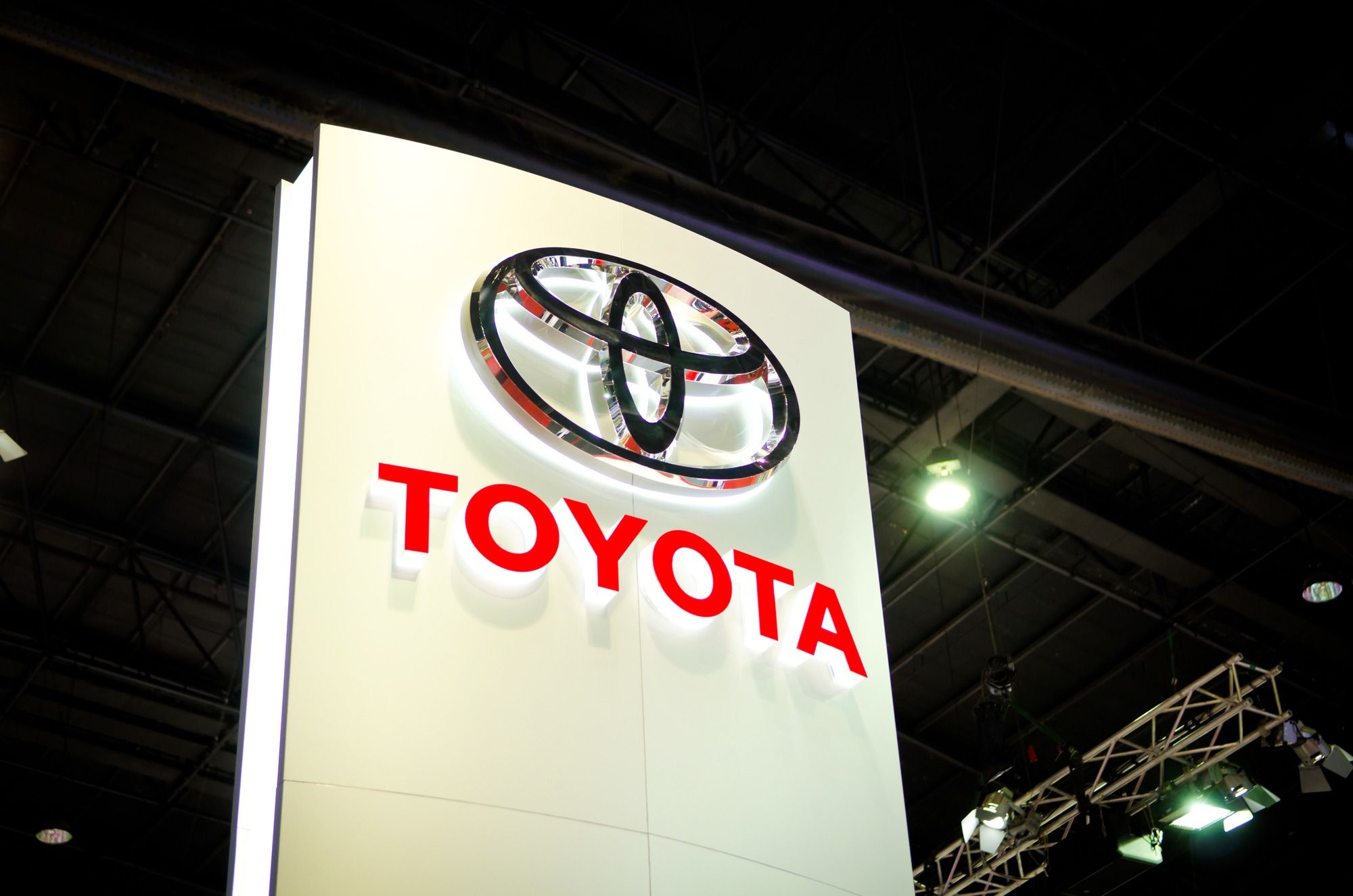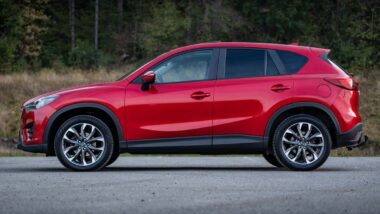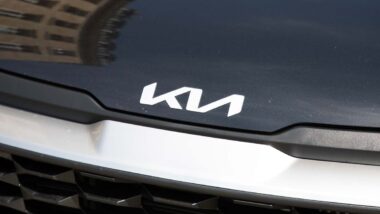Top Class Actions’s website and social media posts use affiliate links. If you make a purchase using such links, we may receive a commission, but it will not result in any additional charges to you. Please review our Affiliate Link Disclosure for more information.

An echo defect in a number of Toyota vehicles makes it “impossible” to use the hands-free call feature.
That’s according to a proposed class action lawsuit filed in the Southern District of Illinois on April 1, accusing Toyota of consumer fraud and deception over the echo defect. Lead plaintiff Adam B Lawler Law Firm LLC also accuses the company of knowing about the echo defect since back in 2007.
The alleged defect causes people on the receiving end of a call to hear their voice echoed back, making it all but impossible to talk.
The class action lawsuit explains that the echo exists because of a defect in the “head unit” hardware or software manufactured by Toyota and placed in every Class Vehicle.
If you own a vehicle that’s been affected by a safety defect and was not part of a recall you may qualify to join a defective vehicle safety recall class action lawsuit investigation.
In 2019, Adam B Lawler Law Firm LLC leased two 2019 Toyota Tundras, which were driven by its members Nick Brown and Adam Lawler. Brown and Lawler chose the vehicles in part because of their ability to conduct hands-free calls, according to the class action lawsuit.
However, neither Toyota nor the car salesperson made the pair aware of the echo defect, the lawsuit states. But, when Brown and Lawler used the vehicles’ hands-free phone system to make or receive calls, they were repeatedly told by the other participants in the calls that they heard an echo.
The law firm alleges the defect was a material fact that Toyota failed to disclose, thus breaching ethical standards, including a lack in honesty and accuracy.
The owner’s manuals for all the Class Vehicles say: “This system supports Bluetooth, which allows you to make or receive calls without using cables to connect a cellular phone and the system, and without operating the cellular phone,” according to the class action lawsuit. The Class Vehicles named in the suit are the: Toyota Tundra, Toyota 4Runner, Toyota Avalon, Toyota Avalon HV, Toyota Camry, Toyota Camry HV, Toyota Highlander, Toyota Highlander HV, Toyota Prius, Toyota Prius V, Toyota Sequoia, Toyota Sienna, Toyota Tacoma, Toyota Tundra, and the Toyota Yaris.
The class action lawsuit says Toyota has known about the defect since 2007, but has failed to take adequate action to fix it, or to let consumers know about it. The lawsuit claims in owner’s manuals and tech tips, Toyota suggests adjusting the call volume by turning it to the max on a mobile phone, and then to 45 or lower on the head unit. However, the lawsuit says the tip is not an actual fix of the defect, “as it does nothing to solve the underlying problem in the hands-free phone system.”
According to the class action lawsuit, lowering the volume to the recommended level makes it difficult or impossible for the Toyota driver to hear the call, especially when there is background road noise. The lawsuit add that it is also illegal in Illinois and a number of other states for drivers to adjust the volume of their mobile phones while driving.
Adam B Lawler Law Firm LLC is suing Toyota over violation of the Illinois Consumer Fraud and Deceptive Business Practice Act for unfair business and deception, and for unjust enrichment. The firm is seeking to represent any Illinois owners and lessees of Class Vehicles who have been and will be harmed by the Echo Defect. The firm is seeking certification of the Class, damages, injunctive relief, interest, legal fees, and a jury trial.
Toyota faced a class action lawsuit over the same issue in 2019. Plaintiff in that one also accused Toyota of being aware of the defect, but failing to warn consumers of the risks.
Do you own any of the affected Toyota vehicles? Have you noticed an echo on a bluetooth-enabled hands-free call in your car? Tell us about your experience in the comment section below!
Adam B Lawler Law Firm LLC is represented by Kevin P. Green of Goldenberg Heller & Antognoli, P.C., Richard S. Cornfeld and Daniel S. Levy of Law Office Of Richard S. Cornfeld, LLC and Mike Arias of Arias Sanguinetti Wang & Torrijos, LLP.
The Toyota Echo Defect Class Action Lawsuit is Adam B Lawler Law Firm LLC, et al. vs. Toyota Motor Sale U.S.A Inc., et al, Case No. 3:21-cv-00354, in the U.S. District Court for the Southern District of Illinois.
Read About More Class Action Lawsuits & Class Action Settlements:
- Customers Complain About Toyota Bluetooth Echo When Using Phone System
- Do You Qualify: Lemon Law Attorney for New Cars | Defective Vehicle Help
- Do You Qualify: Ford, GM, Toyota, Lexus or Chrysler | Auto Manufacturers Lawsuit Investigation
- Toyota Dealership Ran Credit Check Against Woman’s Will, Class Action Lawsuit Claims















124 thoughts onToyota Class Action Lawsuit Alleges an Echo Defect in Hands-Free Calls
We frequently have very annoying echo issues with hands free calls in our 2021 Toyota Highlander.